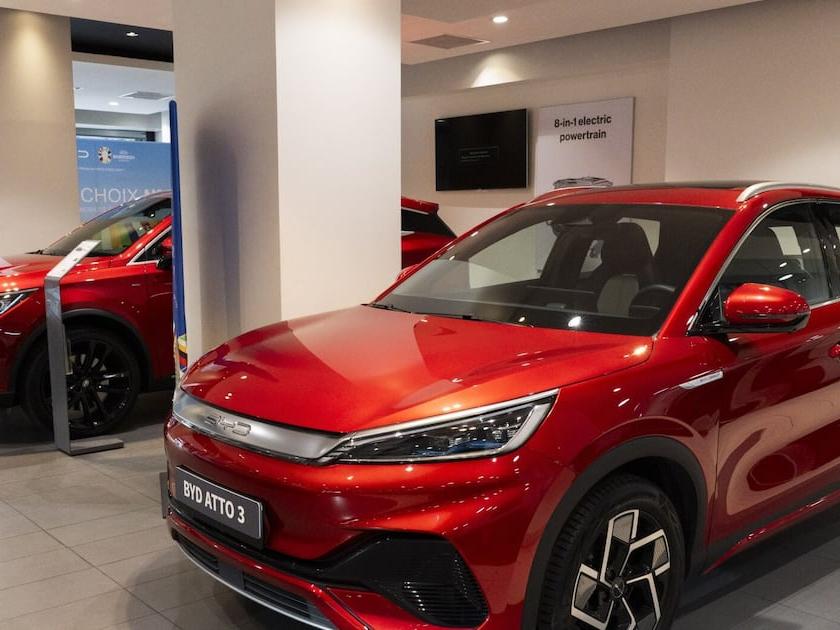China has escalated its trade dispute with the European Union (EU) by filing a formal complaint with the World Trade Organization (WTO) over the EU’s decision to impose tariffs on Chinese electric vehicles (EVs). The complaint, announced on August 9, 2024, challenges the EU’s provisional anti-subsidy measures implemented in July 2024, which imposed tariffs ranging from 17.4% to 37.6% on Chinese EV imports.The Chinese Ministry of Commerce argues that the EU’s decision ‘lacks factual and legal foundation’ and ‘severely violates WTO rules’. A ministry spokesperson stated, ‘It undermined global cooperation on dealing with climate change’. China has urged the EU to ‘correct its wrongdoing’ and maintain economic and trade cooperation between the two regions.The EU justifies its tariffs by claiming that Chinese EVs benefit from unfair subsidies, posing a threat to European manufacturers. The European Commission’s investigation concluded that the value chain of Chinese EVs has received subsidies that could potentially cause economic harm to EU EV producers.This trade dispute reflects the rapidly changing dynamics in the global automotive industry. Chinese EV brands have been gaining significant market share in Europe, rising from less than 2% in 2021 to nearly 8% in 2023, according to the Jato Institute. More recent data from Dataforce suggests this share has further increased to 11%.The WTO complaint process can be lengthy, often taking years to resolve. In the meantime, the EU is set to make a final decision on whether to extend these tariffs for up to five years by early November 2024. Germany, a key player in the European automotive industry, has expressed caution about the tariffs, fearing potential harm to its domestic automakers and the broader economy.This dispute underscores the growing tensions between China and the EU in the automotive sector, particularly as the industry shifts towards electric vehicles. It also highlights the complex interplay between trade policies, industrial strategies, and global efforts to combat climate change.
Key points
- China has filed a WTO complaint against EU tariffs on Chinese electric vehicles, citing violations of WTO rules.
- The EU imposed tariffs ranging from 17.
- Chinese EV brands have rapidly gained market share in Europe, rising from 2% in 2021 to 11% in 2024.
- The dispute highlights growing tensions between China and the EU in the automotive sector and its impact on climate change efforts.
4% to 37.
6% on Chinese EV imports, claiming unfair subsidies.
Contradictions👾While most sources report the EU’s maximum tariff as 37.
6%, one source mentions a figure of 38%.
This minor discrepancy does not significantly affect the overall narrative.



